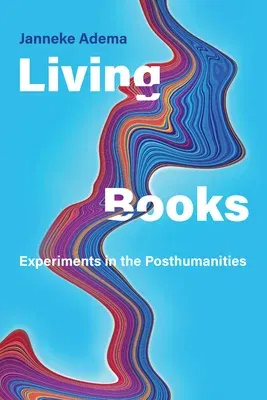Reimagining the scholarly book as living and collaborative--not as
commodified and essentialized, but in all its dynamic materiality.
In this book, Janneke Adema proposes that we reimagine the scholarly
book as a living and collaborative project--not as linear, bound, and
fixed, but as fluid, remixed, and liquid, a space for experimentation.
She presents a series of cutting-edge experiments in arts and humanities
book publishing, showcasing the radical new forms that book-based
scholarly work might take in the digital age. Adema's proposed
alternative futures for the scholarly book go beyond such print-based
assumptions as fixity, stability, the single author, originality, and
copyright, reaching instead for a dynamic and emergent materiality.
Adema suggests ways to unbind the book, describing experiments in
scholarly book publishing with new forms of anonymous collaborative
authorship, radical open access publishing, and processual, living, and
remixed publications, among other practices. She doesn't cast digital as
the solution and print as the problem; the problem in scholarly
publishing, she argues, is not print itself, but the way print has been
commodified and essentialized. Adema explores alternative, more ethical
models of authorship; constructs an alternative genealogy of openness;
and examines opportunities for intervention in current cultures of
knowledge production. Finally, asking why it is that we cut and bind our
research together at all, she examines two book publishing projects that
experiment with remix and reuse and try to rethink and reperform the
book-apparatus by taking responsibility for the cuts they make.

